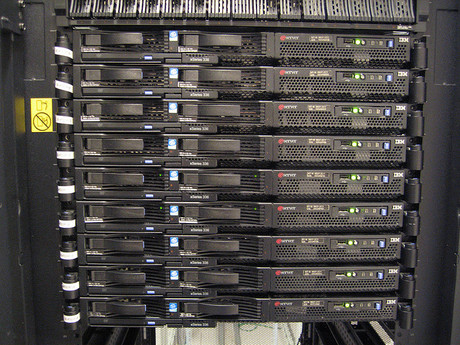1 in 5 Aussie businesses use obsolete server software

One in five Australian businesses are running versions of Windows Server that are now obsolete, leaving them at risk of failing to meet security, legal and regulatory requirements, according to Dell.
Research conducted for the company by Telsyte shows that one in five Australian businesses are running Windows Server 2003 or older.
Across Australia and New Zealand, one in four businesses are running Windows Server 2008 or older. Of these, 24% are not even aware that extended support for the 2003 edition is ending on Tuesday.
In addition, one in 10 IT manager respondents to the survey did not believe that there are security risks involved in running outdated server technology, and 27% incorrectly believe that they are not liable for lack of compliance once support ends.
Dell practice lead for data centres and cloud Dean Gardiner said that with support for Windows Server 2003 coming to an end, the costs of bug fixes will shift to the customer.
“Not receiving timely bug fixes and patches will put organisations at increased risk of security breaches — especially as attackers will know about the potential security holes,” he said.
“To meet legal and regulatory requirements, many organisations will have to pour resources into monitoring and isolating any servers that run Windows Server 2003 or older. Moreover, audits of systems running outdated software can often cost more than the licences for newer software.”
Application support requirements, costs and the time the systems would need to be offline were the three biggest factors holding Australian businesses back from upgrading their server software, according to Telsyte senior analyst Rodney Gedda.
“Many IT departments are challenged by support demands, keeping operational processes running and application support leaving operating system upgrades waiting for the ‘best time’,” he said.
“The problem with leaving server upgrades languishing is it opens a larger window of risk — everything from malware attacks to inadequate data protection. Businesses should keep their software updated to focus on using IT to add value.”
How to harness AI to advance cybersecurity
Organisations that prioritise AI-enabled security and a culture of continuous learning...
Solving the IoT attack surface challenge: a practical playbook for IT managers
As IoT environments get more complex, adopting zero-trust architectures to verify every device...
Defending against AI-powered cyberthreats
Improving cyber resilience is no longer about perimeter defence or reactive patching, but...



